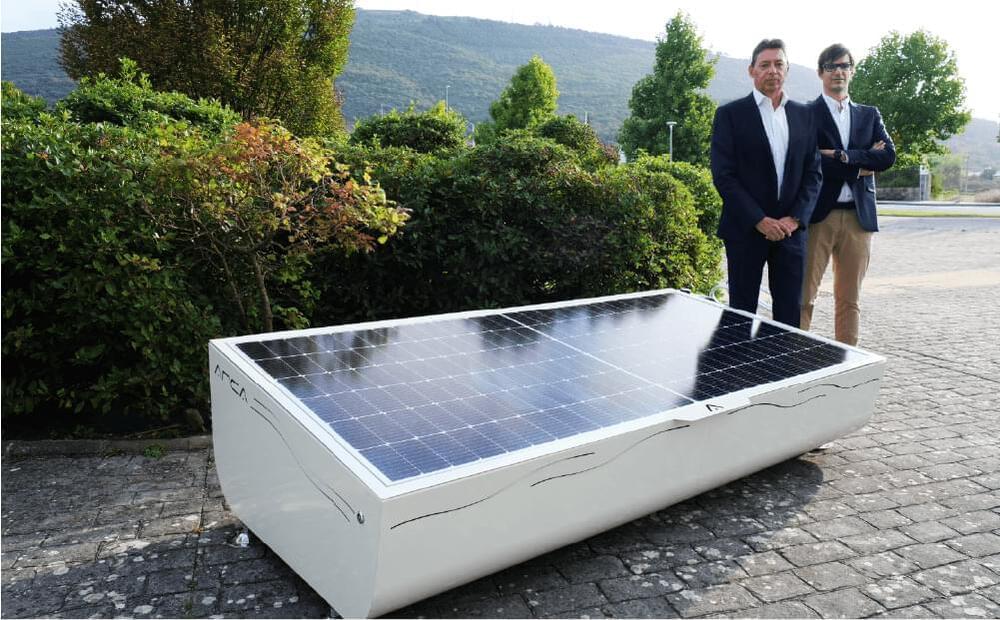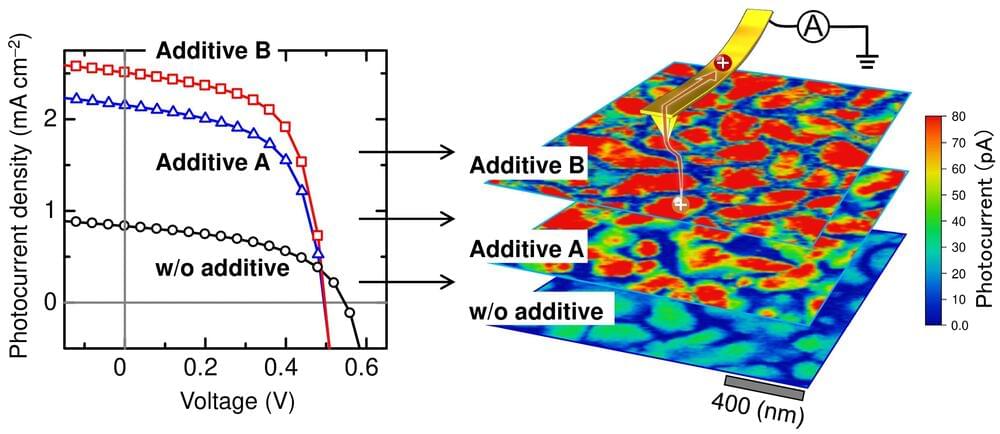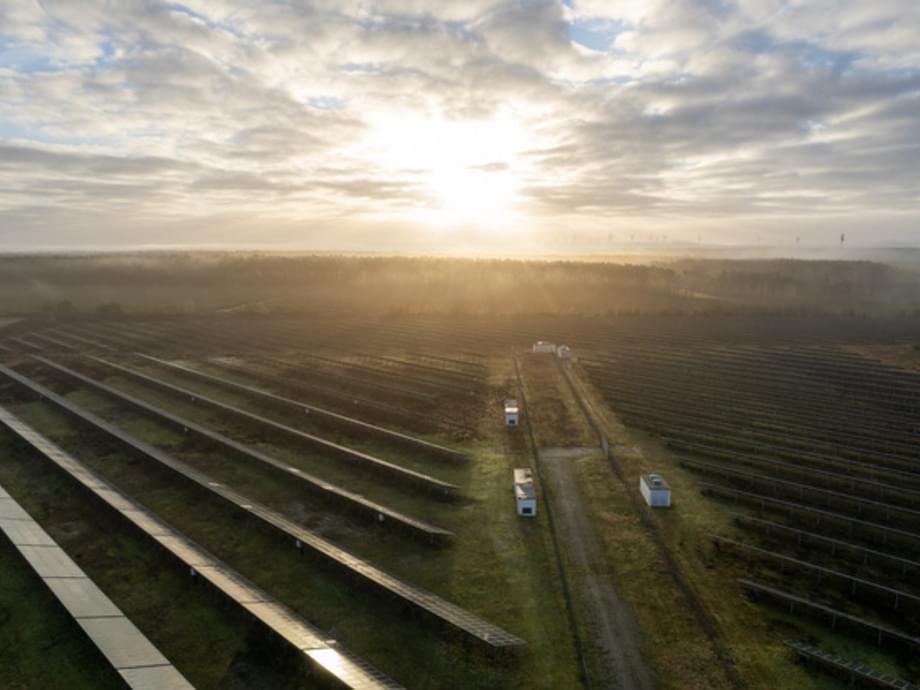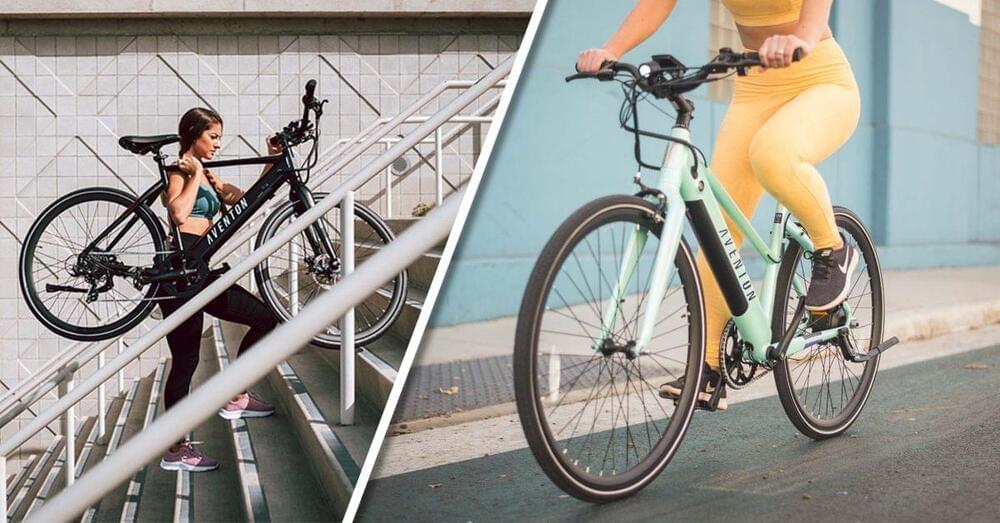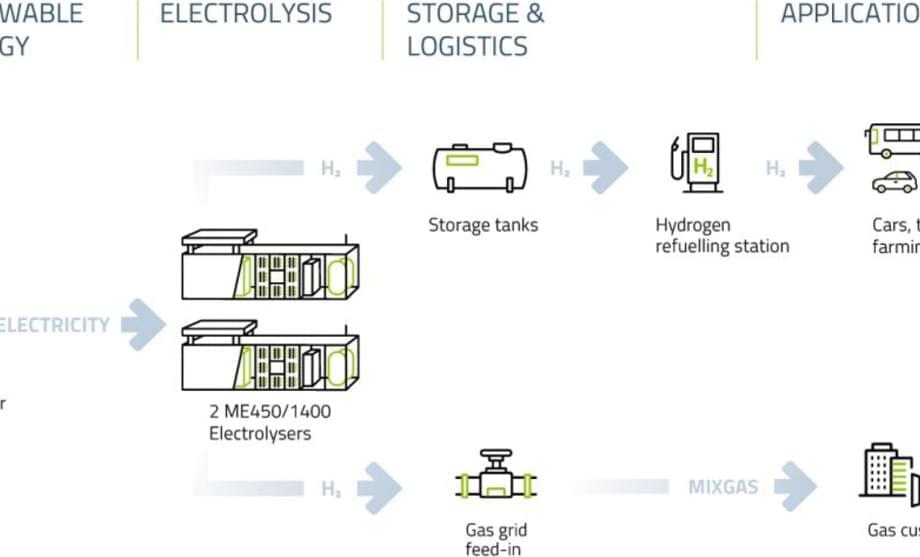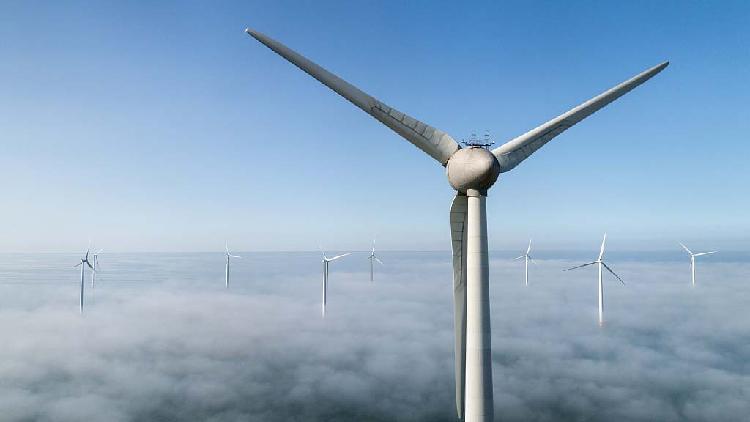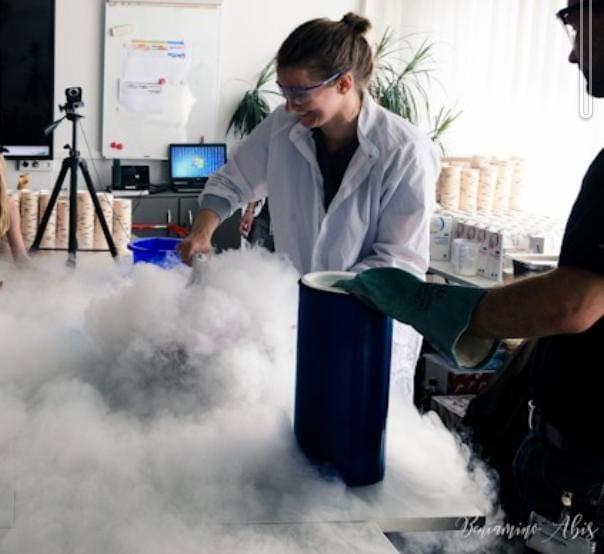
If you are a scientist, willing to share your science with curious teens, consider joining Lecturers Without Borders!
Established by three scientists, Luibov Tupikina, Athanasia Nikolau, and Clara Delphin Zemp, and high school teacher Mikhail Khotyakov, Lecturers Without Borders (LeWiBo) is an international volunteer grassroots organization that brings together enthusiastic science researchers and science-minded teens. LeWiBo founders noticed that scientists tend to travel a lot – for fieldwork, conferences, or lecturing – and realized scientists could be a great source of knowledge and inspiration to local schools. To this end, they asked scientists to volunteer for talks and workshops. The first lecture, delivered in Nepal in 2017 by two researchers, a mathematician and a climatologist, was a great success. In the next couple of years, LeWiBo volunteers presented at schools in Russia and Belarus; Indonesia and Uganda; India and Nepal. Then, the pandemic forced everything into the digital realm, bringing together scientists and schools across the globe. I met with two of LeWiBo’s co-founders, physicist Athanasia Nikolaou and math teacher Mikhail Khotyakov, as well as their coordinator, Anastasia Mityagina, to talk about their offerings and future plans.
Julia Brodsky: So, how many people volunteer for LeWiBo at this time?
Continue reading “How Lecturers Without Borders Shares The Joy Of Science” »
